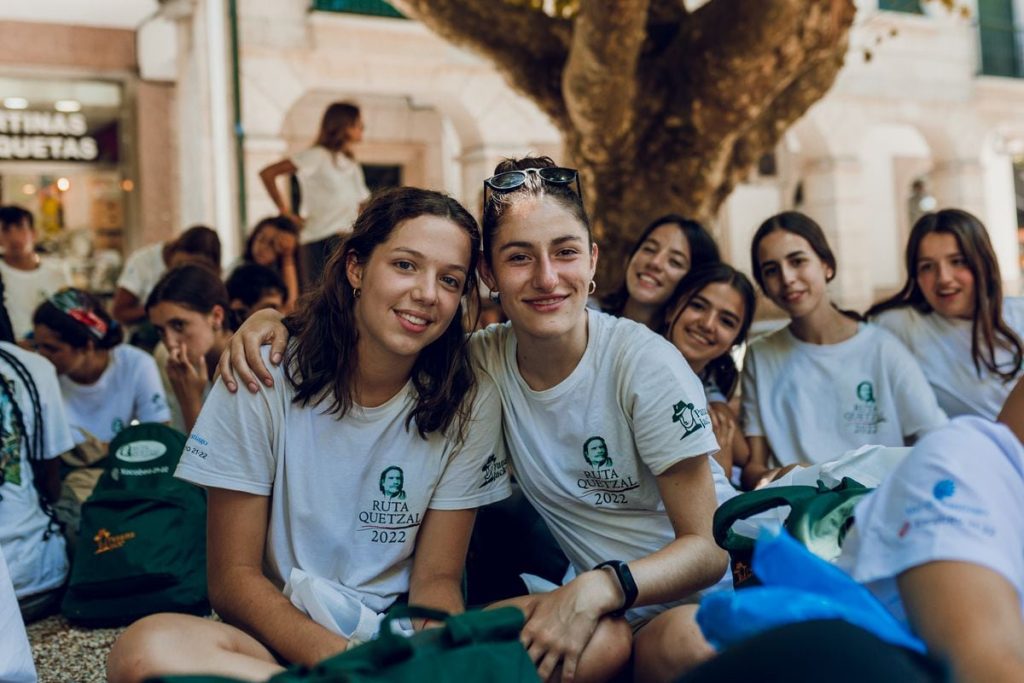Choosing participants for the Ruta Quetzal based on their 8th-grade GPA has become a challenge for Íñigo de la Quadra-Salcedo. A year ago, he had to lower the GPA cutoff for boys in order to balance out the gender quotas. If he had not made this adjustment, 87% of the 200 spots would have gone to girls who had higher grades. After facing backlash for this decision, De la Quadra-Salcedo spent the past year designing a fair and controversy-free selection process that guaranteed a minimum quota for both genders. However, the implementation of the new education law Lomloe brought a new challenge. Different regions express grades differently depending on whether they follow the law or not, causing confusion when selecting participants based on GPA. He has managed to navigate this disparity for the current year but now needs to come up with a new selection system for 2025.
The Ruta Quetzal project, started by his father in 1979, was revived by De la Quadra-Salcedo in 2022 with a more modest route sponsored by the Xunta de Galicia. Participants, who have all expenses covered through scholarships, are selected based on their GPAs and a set quota for each autonomous community. In the 2024 edition, they received 985 applications, with 27.3% being boys, for the 200 available spots. The selection process ensured that each gender was represented by at least 30% from each community. Despite these efforts, the varying expressions of grades due to the implementation of the Lomloe in some regions posed a challenge in selecting participants.
The new education law has introduced a qualitative grading system and the evaluation focus on objectives and competencies rather than numerical grades. However, not all regions apply this system consistently, creating difficulties for organizers like De la Quadra-Salcedo. For communities using the qualitative system, grades were translated into numbers to maintain consistency. This led to challenges, such as having to resort to a draw when several candidates from these regions received the equivalent of a perfect score. In some cases, the selection had to be decided by chance, causing disappointment for some parents. Despite these challenges, De la Quadra-Salcedo is determined to ensure that the best candidates are chosen for the Ruta Quetzal.
De la Quadra-Salcedo is considering changes for the 2025 selection process, such as evaluating grades from multiple school years and considering other aspects of the candidates, like extracurricular activities. While in the past, participants were chosen based on written or musical projects evaluated by the Universidad Complutense de Madrid, this model may no longer be feasible. The varying implementations of the Lomloe by different regions may push the Ruta Quetzal to consider other selection criteria beyond just grades. De la Quadra-Salcedo acknowledges the challenges posed by these changes but remains committed to ensuring a fair and inclusive selection process for future editions of the Ruta Quetzal. Subscribe to keep up with the latest developments.


